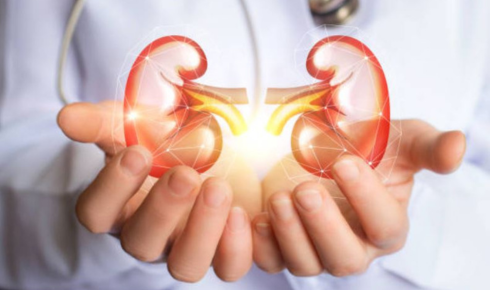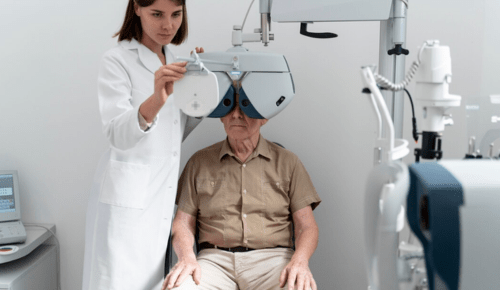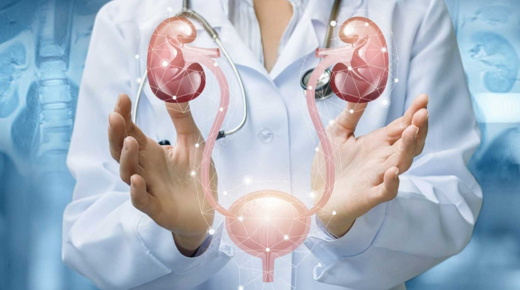Kidney stones are a widespread urological problem that affects people of all ages. These hard mineral deposits form in the kidneys and can cause excruciating pain, urinary difficulties, and even long-term kidney damage if untreated. Fortunately, modern medical advancements have made Kidney Stone Treatment highly effective, offering patients faster recovery and minimal discomfort.
Early diagnosis is crucial for successful management. Doctors typically use imaging techniques such as ultrasound, X-ray, or CT scans to determine the size, location, and type of kidney stone. Blood and urine tests may also be performed to detect underlying causes, including high calcium levels, urinary tract infections, or dehydration. Once the diagnosis is confirmed, a personalized treatment plan is developed based on the stone’s size, type, and the patient’s overall health.
Treatment options for kidney stones vary depending on severity. Small stones often pass naturally with increased hydration and pain management. Physicians may prescribe medications that relax the urinary tract muscles, helping the stones pass more easily. In addition, dietary adjustments such as reducing salt intake and avoiding foods high in oxalate can prevent recurrence.
For larger or more complex stones, minimally invasive procedures are commonly recommended. Extracorporeal Shock Wave Lithotripsy (ESWL) is a popular method that uses shock waves to break stones into smaller fragments, allowing them to pass naturally. Ureteroscopy involves inserting a thin scope through the urinary tract to remove or break up stones. In rare and severe cases, percutaneous nephrolithotomy (PCNL) is performed, where surgeons make a small incision in the back to directly remove kidney stones. These modern procedures are highly effective, reduce hospital stays, and minimize complications compared to traditional surgery.
Choosing the right hospital plays a critical role in ensuring successful outcomes. A specialized kidney stone Hospital In Bangalore provides state-of-the-art facilities, experienced urologists, and advanced technology for both diagnosis and treatment. Hospitals in Bangalore are equipped with modern lithotripsy machines, endoscopic tools, and dedicated post-operative care units, ensuring patients receive the highest level of care throughout their treatment journey.
Lifestyle changes are also essential for preventing kidney stones. Drinking plenty of water helps dilute urine and reduces the risk of stone formation. A balanced diet rich in fruits, vegetables, and low-fat dairy supports kidney health, while limiting excessive salt and sugary foods further reduces the risk. Regular physical activity also contributes to overall urinary tract wellness.
Patient education is another cornerstone of effective kidney stone management. Hospitals in Bangalore often provide counseling sessions to educate patients on dietary habits, hydration strategies, and early warning signs of recurrence. Awareness and timely intervention can significantly reduce the chances of complications and improve long-term kidney health.
Symptoms of kidney stones can be severe and should not be ignored. Individuals experiencing sharp back or abdominal pain, blood in urine, frequent urination, or nausea should seek immediate medical attention. Early diagnosis and treatment relieve discomfort, prevent kidney damage, and ensure a smooth recovery process.
In conclusion, kidney stones are a painful but treatable condition with modern medical care. Advanced kidney stone treatment methods, along with specialized hospitals in Bangalore, provide patients with effective solutions for both immediate relief and long-term prevention. By choosing experienced urologists, following lifestyle recommendations, and maintaining kidney health awareness, patients can manage kidney stones successfully and enjoy a healthy, active life.




